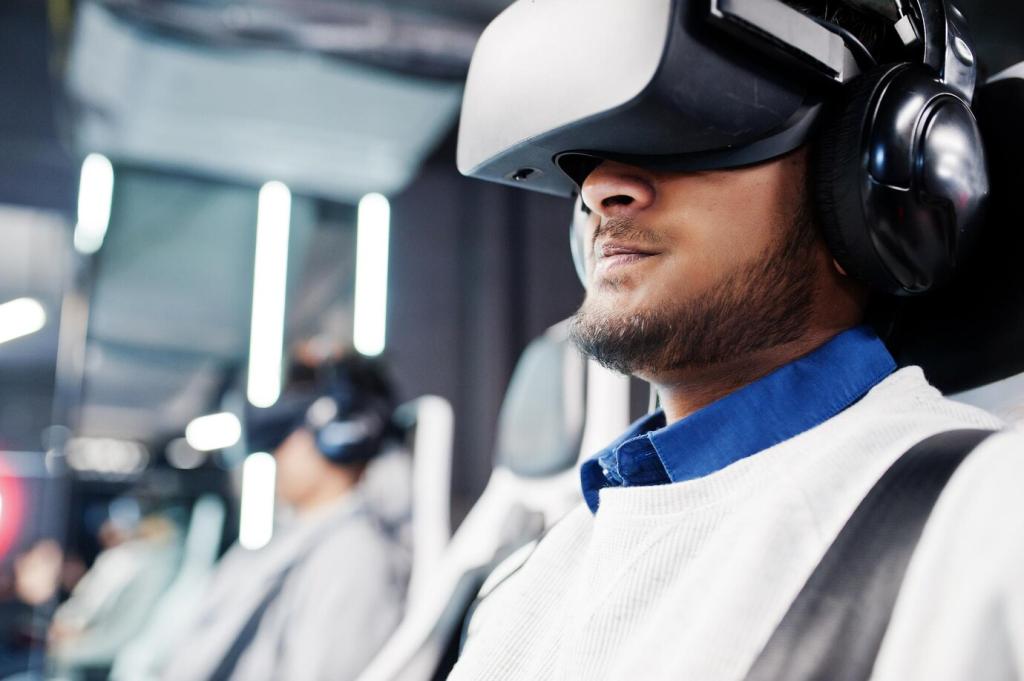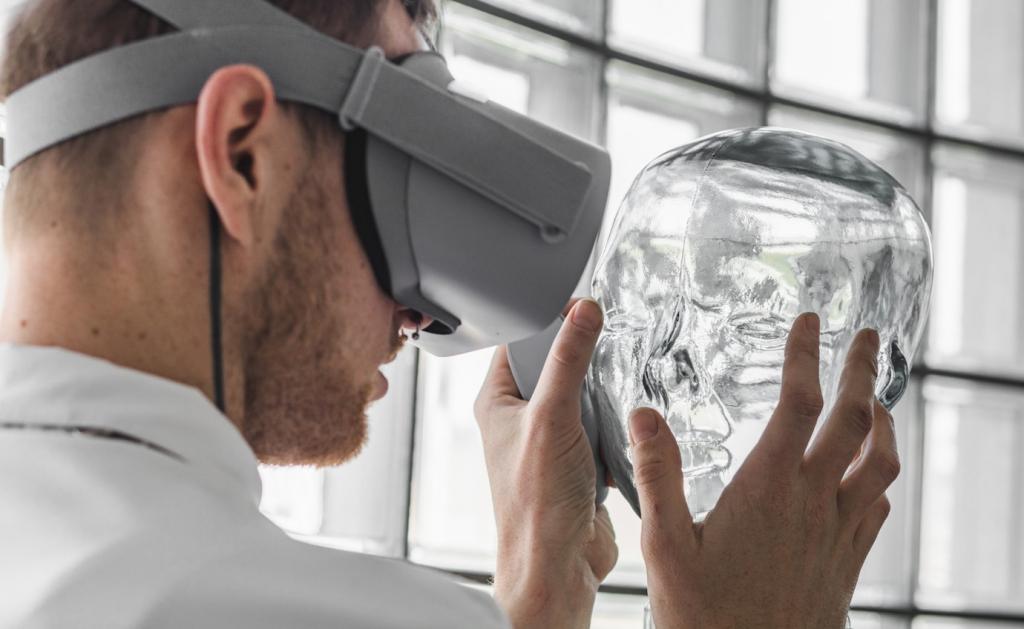Chosen theme: Smart Cities of Tomorrow. Explore how data, design, and civic spirit shape safer streets, greener neighborhoods, and services that truly work for people. Join the conversation, subscribe for weekly insights, and tell us what your ideal smart neighborhood looks like.
What Makes a City Smart, Not Just High-Tech

Sensors, Standards, and Shared Data
From air-quality sensors to traffic counters, data only helps when it is interoperable and responsibly shared. Open standards reduce vendor lock-in, while clear governance keeps datasets accurate, secure, and useful. Tell us which city dashboards you trust, and why their design helps you make better daily decisions.

From Pilots to Scaled Public Value
Too many pilots stall before delivering impact. Success rests on cross-department ownership, measurable targets, and budgets for maintenance. Barcelona’s early sensor programs matured because teams focused on operations, not headlines. Share a pilot you think deserves scaling, and what barrier it needs to overcome first.

A Day in a Seamless Neighborhood
Imagine leaving home as adaptive streetlights brighten gently, buses arrive predictably, and a push notification suggests a shaded route on a hot day. After work, an app bundles errands into one trip, saving time and emissions. What everyday friction would you want your smart neighborhood to quietly remove?
Mobility Reimagined: Clean, Seamless, and Reliable
Autonomous and On-Demand Transit
Autonomous shuttles shine when they extend existing bus and rail networks, not replace them. Paired with demand-responsive routing, they reduce wait times and connect underserved areas. If your city tested a shuttle, what route would most help your community, and how would you measure success beyond ridership?
Micromobility and the 15-Minute City
Bikes, e-scooters, and safe streets bring essential services within a short ride. The 15-minute city thrives with protected lanes, secure parking, and inclusive pricing. Tell us what would motivate you to swap one weekly car trip for a bike or scooter, and what safety improvement matters most.
Freight, Curb Space, and Logistics
Smart cities tame delivery chaos using digital curb reservations, off-peak incentives, and micro-hubs for final-mile cargo bikes. The result: fewer blocked lanes, faster deliveries, and quieter neighborhoods. What curb challenge do you see daily, and how might real-time booking make your street work better for everyone?

Sustainability at the Core: Energy, Water, and Waste
Smart meters, rooftop solar, and battery storage let buildings respond to grid signals—using cleaner power when available and exporting when demand peaks. Residents save money while stabilizing the grid. Would you enroll in a demand-response program if it cut your bill and kept your neighborhood lights on during heatwaves?
Trust, Ethics, and Digital Inclusion
Minimizing data collection, anonymizing at the source, and publishing impact assessments build public trust. Clear signage where sensors operate matters. If your city installed new cameras, what safeguards—retention limits, independent audits, or public reporting—would make you feel genuinely comfortable and informed?
AI, Digital Twins, and City Operations
Vibration and temperature sensors warn crews before pumps fail or tracks buckle. Repairs shift from emergency to planned, saving budget and downtime. If your city eliminated one chronic outage, which service—transit, water, or streetlights—would you choose, and how would that change your daily routine?
AI, Digital Twins, and City Operations
Ethical AI supports situational awareness without blanket surveillance. Think privacy-preserving analytics, clear oversight, and community boards. If analytics helped dispatch responders faster during storms, what transparency—open algorithms, bias testing, or public logs—would you require to keep the system fair and trusted?





